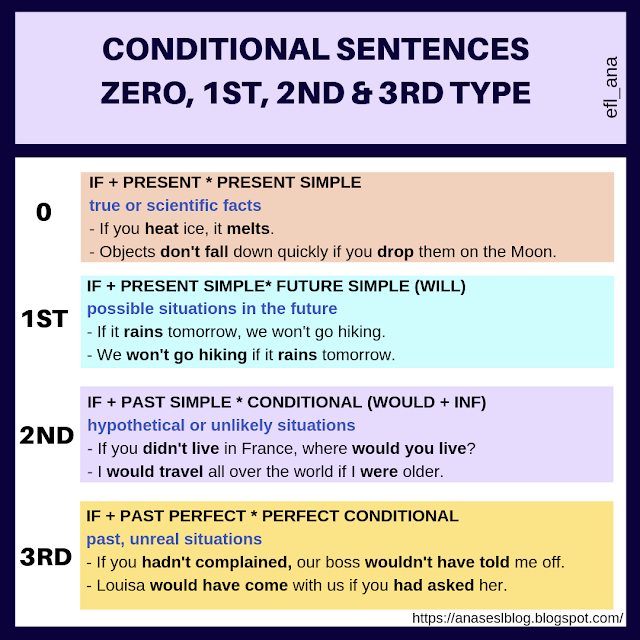Conditional sentences are a type of sentence that expresses a condition and the result that follows. The first conditional is used to talk about real or possible future situations, where the condition is likely to happen. It is formed by combining “if” with the present simple tense and the future simple tense.
First conditional sentences are commonly used in everyday conversations and writing to discuss future events that are contingent upon certain conditions being met. Understanding the formula for first conditional sentences can help you communicate more effectively in English.
First Conditional Sentences Formula
In first conditional sentences, the structure typically follows the formula: IF + present simple, future simple. The “if” clause introduces the condition, while the main clause states the result or consequence that will occur if the condition is met.
For example:
– If it rains tomorrow, we will stay indoors.
– If you study hard, you will pass the exam.
– If she arrives on time, we can start the meeting.
It is important to note that the order of the clauses can be reversed without changing the meaning of the sentence. For instance, you can say:
– We will stay indoors if it rains tomorrow.
– You will pass the exam if you study hard.
– We can start the meeting if she arrives on time.
Additionally, modal verbs such as “can,” “may,” or “might” can be used in the main clause to indicate possibility or uncertainty in first conditional sentences. For example:
– If you finish your work early, you may leave the office.
– If he doesn’t call, I might go see him.
Overall, mastering the formula for first conditional sentences can enhance your fluency and accuracy in English communication. By understanding how to construct and use these sentences effectively, you can express future possibilities and outcomes based on specific conditions.
Next time you find yourself discussing potential future events, try incorporating first conditional sentences into your conversations or writing to convey your thoughts and intentions clearly.
